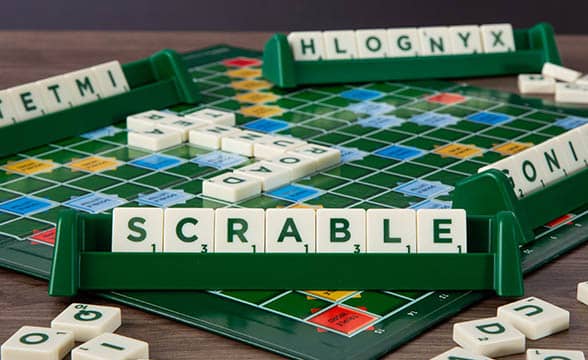Scrabble and Monopoly, two of the National Lottery’s flagship games, have been removed from Camelot’s list of offerings. The operator has made the decision due to the new changes in regulation brought by the Committee of Advertising Practice (CAP) this spring. Exactly one year ago, Camelot was bashed by MPs from the UK Parliament for its decision to focus on instant win games.
Curbing the Appeal for Underaged Players
In April, the monitor of UK advertising outlawed the promotion of gambling campaigns with the help of celebrities and sports icons. CAP also established a series of additional changes related to gaming and sports betting ads as a means of curbing the appeal of gambling adverts with audiences under the age of 18. The new regulations went into effect on October 1. Their impact on operators is already visible, and Camelot’s latest decision regarding the two instant games is just one example.
Players under 18 cannot access Instant Win Games, turning this particular category of games into one with a very low risk of triggering problem gambling issues. Nonetheless, Camelot wanted to run that extra mile and prove how solid its responsible gambling policy truly is in relation to the new CAP changes. Accordingly, the operator initiated a series of reviews of its advertising practices in anticipation of the new set of rules. Camelot ultimately decided to no longer extend the licensing for the two instant win games. At the same time, the operator decided to also alter the artwork on two other games. Winter Wonderlines and Fruity Bingo will no longer display some of the fruity images and symbols that may have looked attractive to a younger, underaged public.
A New Era for Gambling Ads
CAP has planned the framework for a new era for gambling advertisements, one that does not include sports stars, social media influencers like YouTubers and TikTokers, or video game imagery that would work as a powerful magnet for underaged audiences. According to CAP’s director Shahriar Coupal, putting an end to old ad practices that were appealing to the younger public means opening the gates to an adult audience suitable to use these age-restricted lottery products. Camelot’s decision to remove the two instant win games might be one of its last big decisions in its role as operator of the National Lottery, prior to the upcoming handover to new steward Allwyn UK. The big takeover will be initiated in February. Allwyn’s chief executive officer Robert Chvatal explained they were prepared to hit the refresh button on the lottery for all British audiences interested in raising money for a good cause. The Gambling Commission’s decision to award Allwyn National Lottery contract ended up in legal battle led by Camelot.





